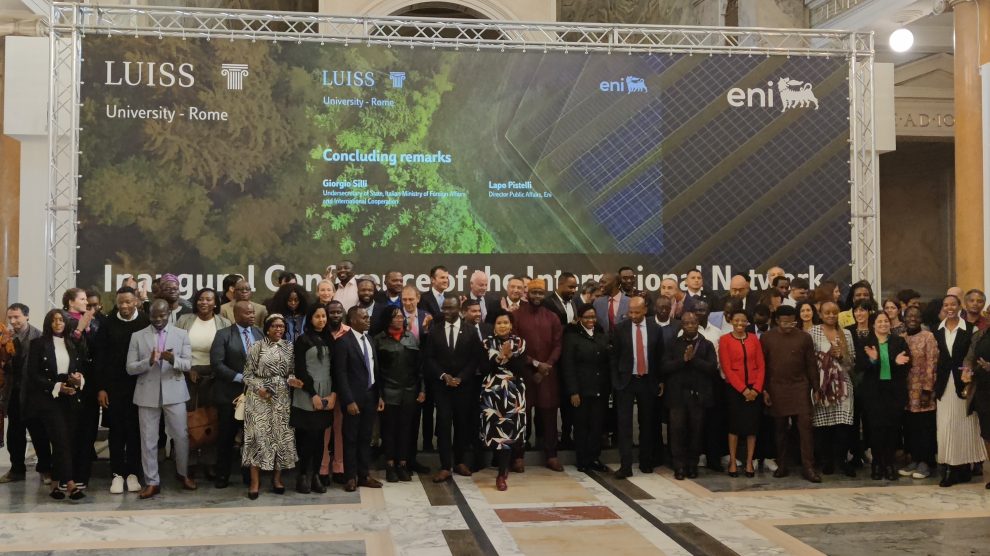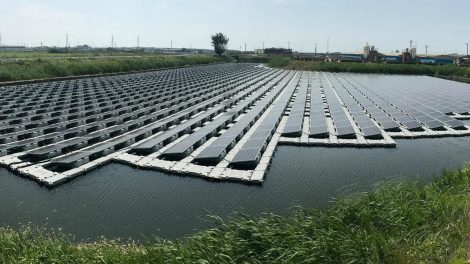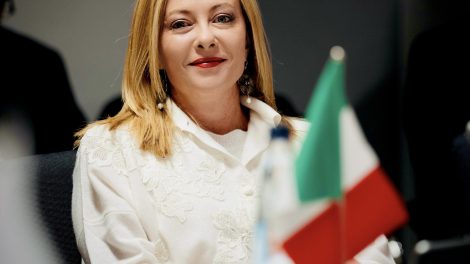The spirit of the forthcoming Mattei Plan, as Prime Minister Giorgia Meloni explained while in Mozambique, is that Italy and African countries must write the future of their cooperation together. All parties must study the best solutions, target investments and lay the foundations for the “non-predatory” cooperation the Italian government is pushing for.
- The presentation of the Plan has been postponed due to the Middle East crisis, but the “soft” infrastructure that underpins it is already consolidating.
Enter the INAET. Energy major Eni and Luiss Guido Carli University in Rome launched the International Network on African Energy Transition with a two-day inaugural conference Thursday through Friday. The event brought together institutions, universities, think tanks and researchers from Africa, Europe and beyond to study the conditions and unlock the potential of cross-Mediterranean cooperation.
- The African continent is home to some of the fastest-growing economies on the planet, and the energy transition (both theirs and Europe’s) represents an immense opportunity.
- INAET’s stated ambition is to seize it by exploring new ways for stakeholders to work together.
Roll call. The event attracted academic and institutional representatives from Algeria, Congo, Côte d’Ivoire, Egypt, Ethiopia, Kenya, Mozambique, Nigeria, Rwanda and South Africa. On the European and Western sides were the IMF, FAO, IRENA, the Atlantic Council, and the European University Institute, as well as the Italian Ministry of Foreign Affairs and State lender CDP (main characters in the Mattei Plan).
- All this was facilitated by Eni (which has been consolidating its African network since the 1950s, developing both traditional and transition energy projects) and Luiss (which has leading expertise in the sector and is actively contributing to the training of Africa’s future leaders).
Changing perspective. The university’s dean, Andrea Prencipe, kickstarted the conference cycle by explaining that its main aim was to broaden the debate on Africa and transition. There’s “great wealth” in the continent in many forms, the chief of which is human capital, and Africa’s diverse resources can effectively contribute to the future of energy and thus to the progress of humanity. Still, he pointed out, the Western approach requires a “change in perspective: until recently, we asked ourselves what we were doing for Africa, now we need to understand what Africa can do for us.”
- Lapo Pistelli, Director of Public Affairs at Eni, stressed that negative biases must be overcome to develop a new, more collaborative relationship. “We often talk about Africa without knowing it,” he said, noting that it represents 3% of the world’s GDP and only 2% of its emissions, but it is the most affected by climate change.
Look at COP28. All in all, the African States’ sense of injustice is unsurprising; they believe they are being asked to provide answers to problems they did not cause, that it is necessary to assess the historical responsibilities of developed countries and that demands for decarbonisation are unfair and disproportionate compared to available financial resources, noted several participants.
- The issue of how much developed countries should contribute to the emerging economies’ ecological transition and impact mitigation (so-called loss and damage) will be at the centre of COP28 in Dubai, which is set to begin in a few weeks.
- Dialogue requires mutual understanding, as Mr Pistelli remarked: “Goodwill and humility are needed on the Western side to find a compromise. As well as an understanding that the issues of food security and migration cannot be separated from those of transition and that a holistic approach is needed.”
Rome’s role (and the G-7’s). This kind of approach to African countries dovetails with the urgency of creating the conditions to attract private-sector investment. A challenge that, like countering climate change and security issues, requires the involvement of institutions. And Italy – which wants to reinforce its role as a Mediterranean energy hub, leveraging its electricity and gas interconnections, and is today the second-biggest destination market for African energy exports – is keen to act as a link, as Undersecretary of State for Foreign Affairs Giorgio Silli explained.
- The Africa dossier will “certainly be of great importance” at the Italian-led G-7 in 2024, he told Decode39 on the sidelines of the event, describing the Mattei Plan as a “model to be followed by all.”
- The history of relations between the various European and African countries is different, varied and at times difficult, but Europe is a “wonderful tool” for harmonising their approach, he said.
- The same “must happen” within the group of developed democracies, where Africa “must be prioritised by all the governments that have been fortunate enough to develop and thus be part of the G-7.”





